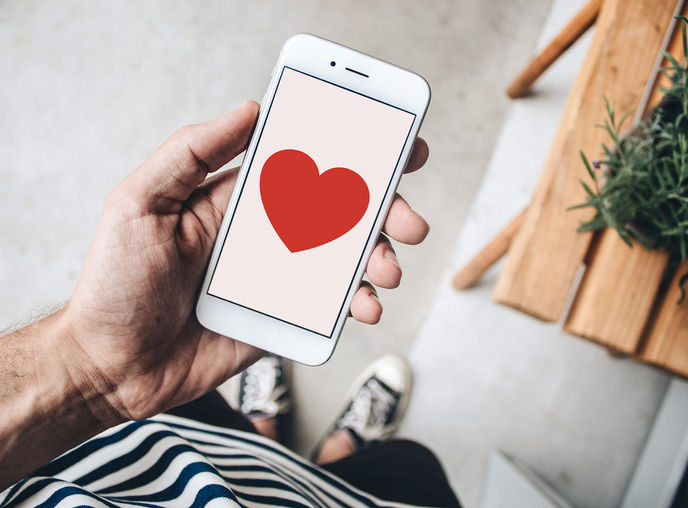Living with Chronic Pain
Online Dating Safety

Online dating has become increasingly common. It offers many benefits, such as allowing people to meet others they may not otherwise meet and even matching individuals with similar interests. An additional benefit of online dating is that initial conversations can take place from the comfort of home; this is especially helpful for individuals with chronic pain or chronic illness.
Although online dating has various benefits, it also has some serious drawbacks. Some dangers associated with online dating include harassment, catfishing, sexist abuse, and potential physical harm or sexual violence upon meeting. Since most online dating apps and sites do not require background checks or provide other forms of security, implementing personal safety measures is essential.
Several safety measures can be used to help avoid the dangers associated with online dating, such as setting up a secure profile; carefully examining other profiles for authenticity; being aware of red flags; and if meeting in person, choosing a public place, taking a cell phone, and alerting family and friends of the meeting location beforehand.
Setting up a profile
When setting up a dating profile, individuals should not include their last names, addresses, places of employment, or other personal information. Individuals should also avoid using the same pictures that are used on their other social media accounts. Others on the site can do a reverse image search and find other social media accounts to obtain more personal information.
Looking at other profiles
Unfortunately, fake profiles on social media platforms are common. Signs of fake accounts include lack of a bio, very few details, and no photo or only one photo on the profile. If a profile is suspicious or inappropriate, many apps and sites allow users to block and report it.
Talking to someone online
When engaging in conversations on dating sites, individuals should be aware of signs that the other person is a scammer or has bad intentions. Red flags include the following:
- Asking for money, usually after giving a sob story
- Wanting to talk outside the app or site right away
- Requesting photos right away
- Being overly complimentary and romantic too early in the conversation
- Requesting a home or work address to send flowers or a gift
- Sending inappropriate, harassing or threatening messages
- Disappearing from the site and reappearing with a different name
Individuals should block and report suspicious profiles and inappropriate interactions. They should also avoid providing personal information, such as credit card/bank account numbers, social security numbers, or account usernames or passwords.
Meeting in person
If conversations go smoothly and a decision is made to meet in person, several steps can help an individual stay safe:
- Using video chat to confirm the person matches their profile picture and to get a better sense of who they are
- Telling a friend or family member when and where the date will take place
- Meeting in a public, non-isolated location
- Avoiding transportation with the other person
- Taking a cell phone and charger or portable battery in case of emergency
If feelings of discomfort or suspicion occur when meeting in person, individuals should not feel apologetic about leaving early. Being safe is more important than being polite.
Taking precautions when setting up a dating profile, interacting with others, and meeting in person helps to ensure online dating is a safe experience.
Additional resources used to create this article include the BBC and RAINN (Rape, Abuse & Incest National Network).


















